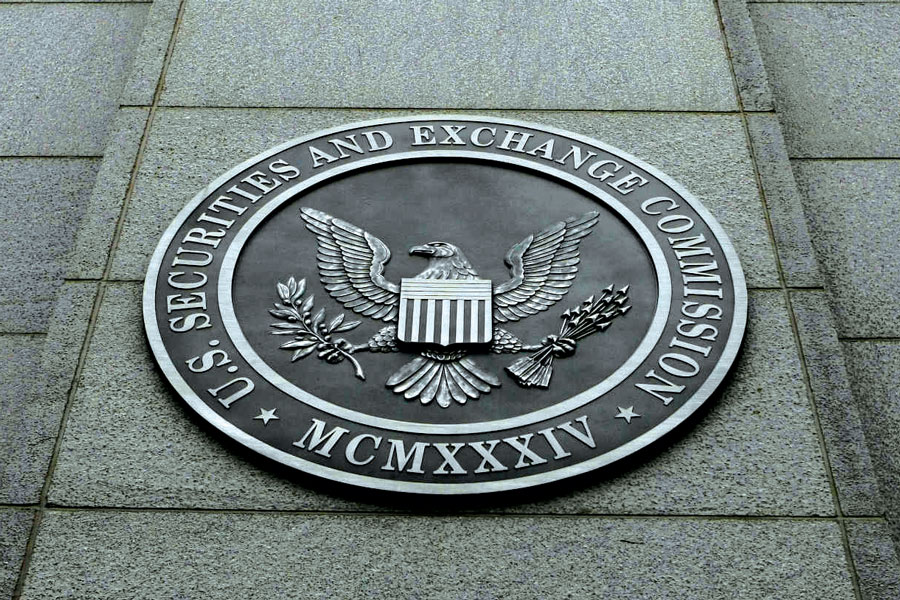Financial advisers and broker-dealers that sold $1.5 billion of high-risk private placements offered by GPB Capital Holdings should brace for the worst.
A year ago, GPB Capital was supposed to file registration forms with the Securities and Exchange Commission and begin making important financial disclosures public for two of its largest funds. Even though the funds are private and not listed or traded on an exchange, they have over $10 million in total assets and 750 or more shareholders so are therefore required to file what is known as a "Form 10" with the SEC.
GPB invests primarily in auto dealerships and waste management businesses. It blew past its April 30, 2018, deadline to register the funds and has no firm date when annual reports for the two funds will eventually be filed with the SEC. Advisers and their clients, who bought the product for its high yields, are being deprived of basic financial information about the funds and are being kept in the dark.
The company now says it is performing an audit of its assets. In such instances, a company delaying its filings with the SEC by three or even six months might be reasonable. But not making appropriate filings with the SEC in more than a year is an inordinate delay and a red flag for GPB investors and their advisers.
What's the hold up?
The company won't say, but keep in mind that GPB's CEO and lead partner, David Gentile, is a CPA. That means even the accountant isn't doing the accounting at GPB.
By way of comparison, keep in mind that in 2014 and 2015 it took about six months for the scandal-plagued real estate investment trust American Realty Capital Properties Inc.
to restate two years of earnings. And ARCP was a giant firm, with more than $20 billion in real estate holdings at its peak — more than 10 times the size of GPB.
"GPB Capital will not be filing the form 10s today," company spokeswoman Kelly Whitten said in an email Tuesday. "The Form 10s will be filed following the issuance of the 2018 audits."
When asked exactly when those audits were to be finished, Ms. Whitten did not respond.
The two funds in question are GPB Automotive Portfolio and GPB Holdings II. The former has raised $622.1 million and the latter $645.8 million.
Both have more than 6,000 investors, according to bare bones filings with the SEC that contain no meaningful financial information that gives any indication about their performance.
What's the penalty for a company that flagrantly misses registration deadlines for its funds?
The Financial Industry Regulatory Authority Inc. "could discipline the broker-dealers that sold the private placements, and the SEC could start an enforcement action for not registering under the '34 Act," said Robert B. Robbins, a partner at Pillsbury Winthrop Shaw Pittman, referring to the Securities Exchange Act of 1934, which established the SEC.
A spokesman for the SEC, Ryan White, did not return a call seeking comment.
Since it missed its deadline last April 30, trouble after trouble has beset GPB. Most recently, at the end of February, the FBI
dropped by GPB's offices in Manhattan with a search warrant and collected information. In September, the SEC
hit the company with a subpoena requesting information.
GPB said in August it was overhauling and restating the 2015 and 2016 financial statements of certain funds as part of an accounting review. In November,
it revealed that its accountant and auditor, Crowe LLP, had resigned.
Given this context, questions abound for the company and the financial advisers who sold the product.
What's the reason to give these companies any valuation if GPB doesn't know what their own assets are worth? How do the broker-dealers that sold the private placements justify a value for the GPB funds on client account statements?
And how long will it be before the custodians that house the assets for the broker-dealers take matters into their own hands and mark the GPB securities down, perhaps even to zero?
That's a desperate outcome for the advisers that sold GPB private placements and their clients. But, with the company giving no indication of the financial health of its funds, such an outcome must at least be considered.







